An investment company based in Hong Kong has held talks with Raith Rovers owner John Sim about his stake in the club.
Chief executive of Silverbear Capital Inc Peter Chun has made contact with Sim’s representatives, according to the BBC.
Two weeks ago Rovers appealed for new investors and Courier Sport revealed that the club could be sold.
The report says Chun is believed to be interested in buying a Scottish club and that former SFA chief executive Gordon Smith is involved.
The ex-player – who also spent time as director of football at Rangers – has been advising the firm and could continue to be involved in future should a deal be done.
Complex ownership model
Rovers have one of the more complicated ownership structures in Scotland.
The recent era has been “relatively good” under Sim, according to Raith Supporters Trust chief Alan Russell.
Last week he told Courier Sport that he would like to see some form of fan ownership.
Raith are seeking investment after club custodians set out the wider challenges of the current economic climate.
Stadium maintenance issues have recently come to light and the club’s “average operating loss has been around £150,000 a season” since 2005.
The club faces a clear choice to “either scale back football operations to the break-even position… and/or seek further ways to change the economic business model by bringing in outside investors with funds and expertise.”
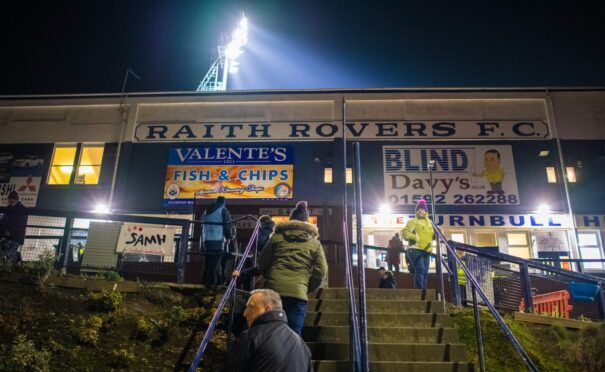
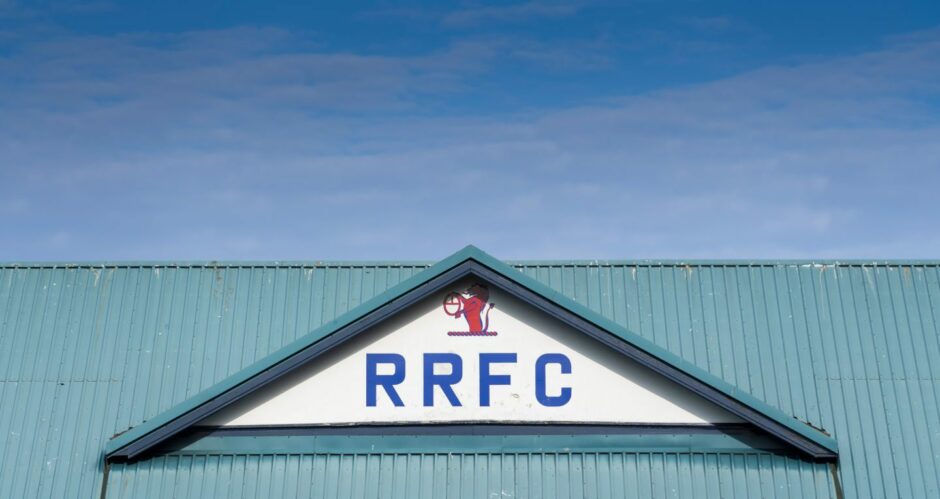
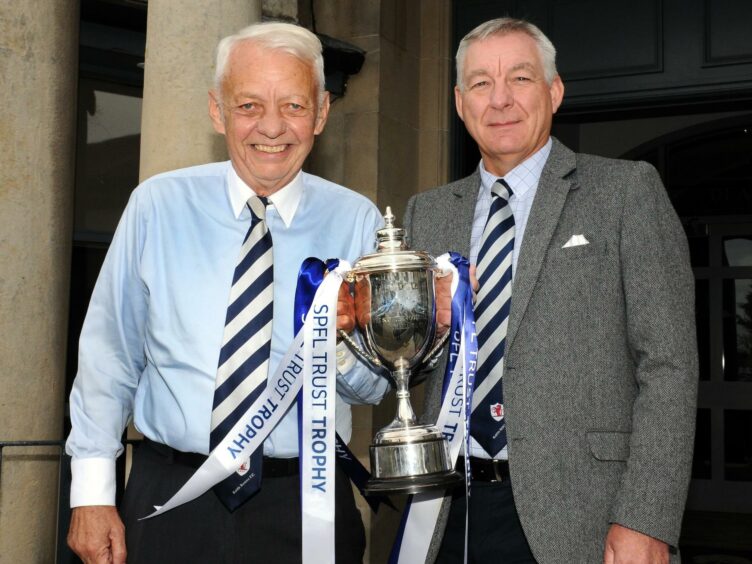
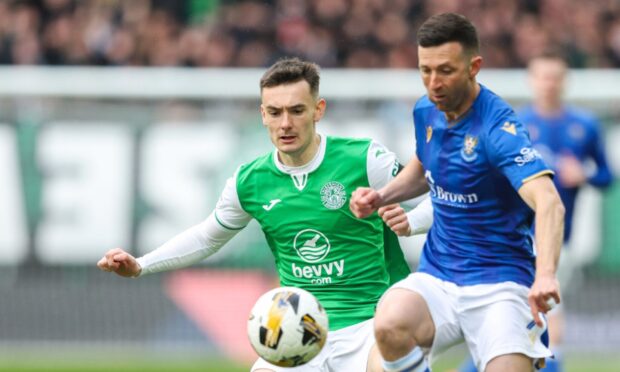
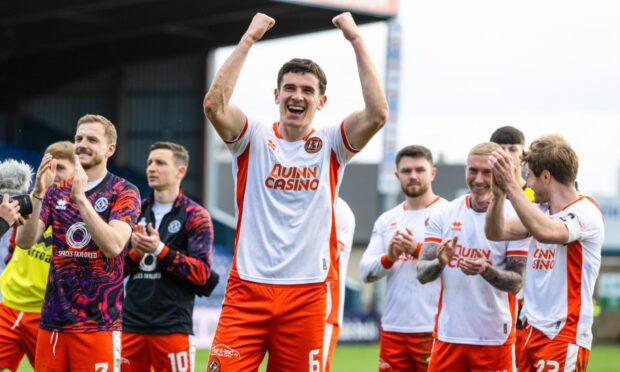
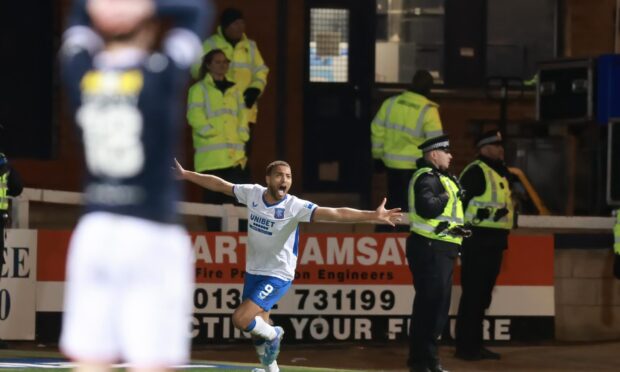
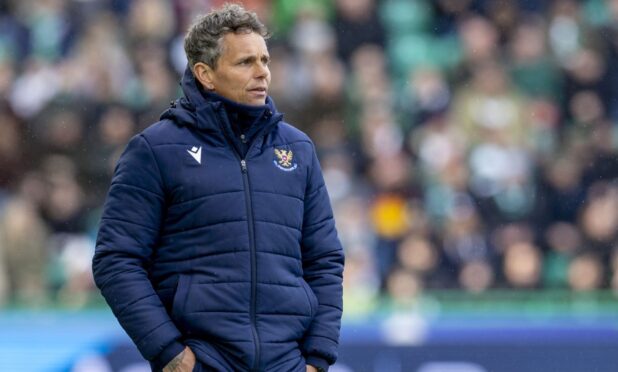
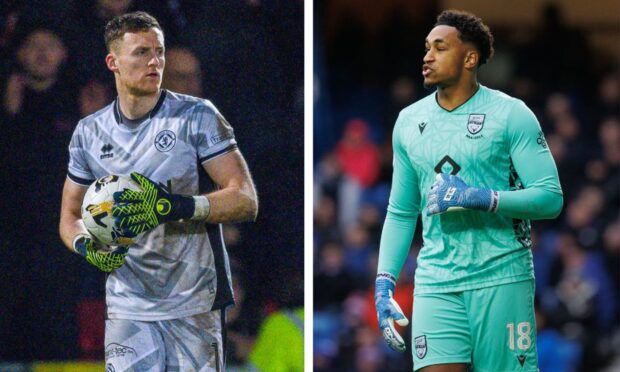
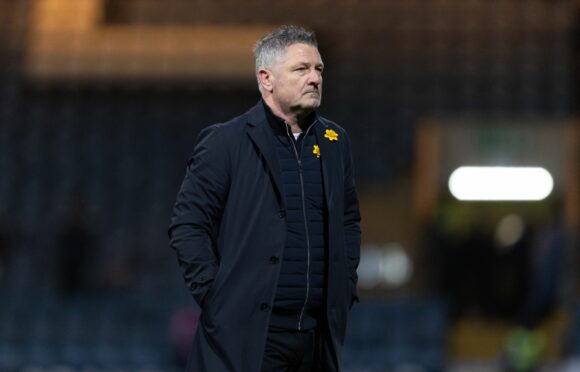
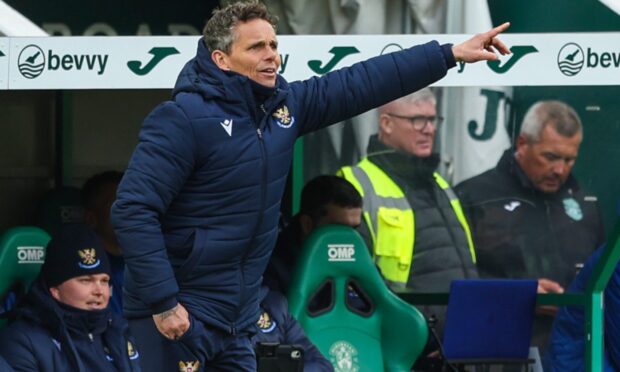
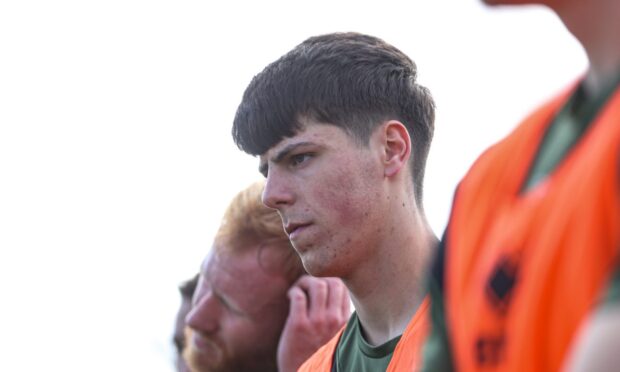
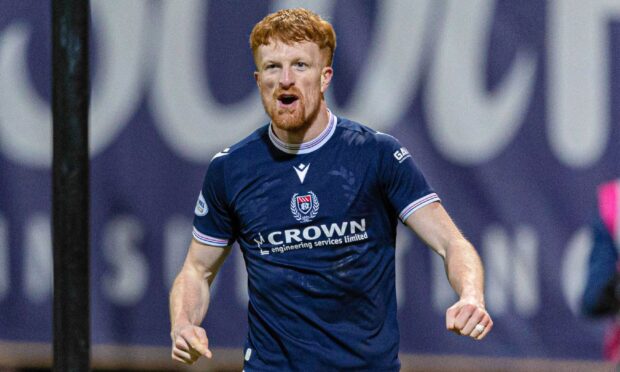
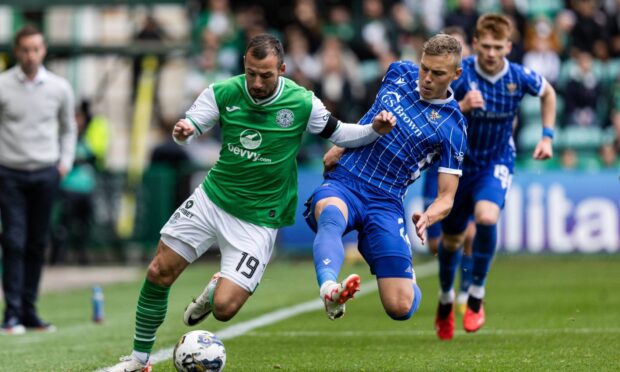
Conversation